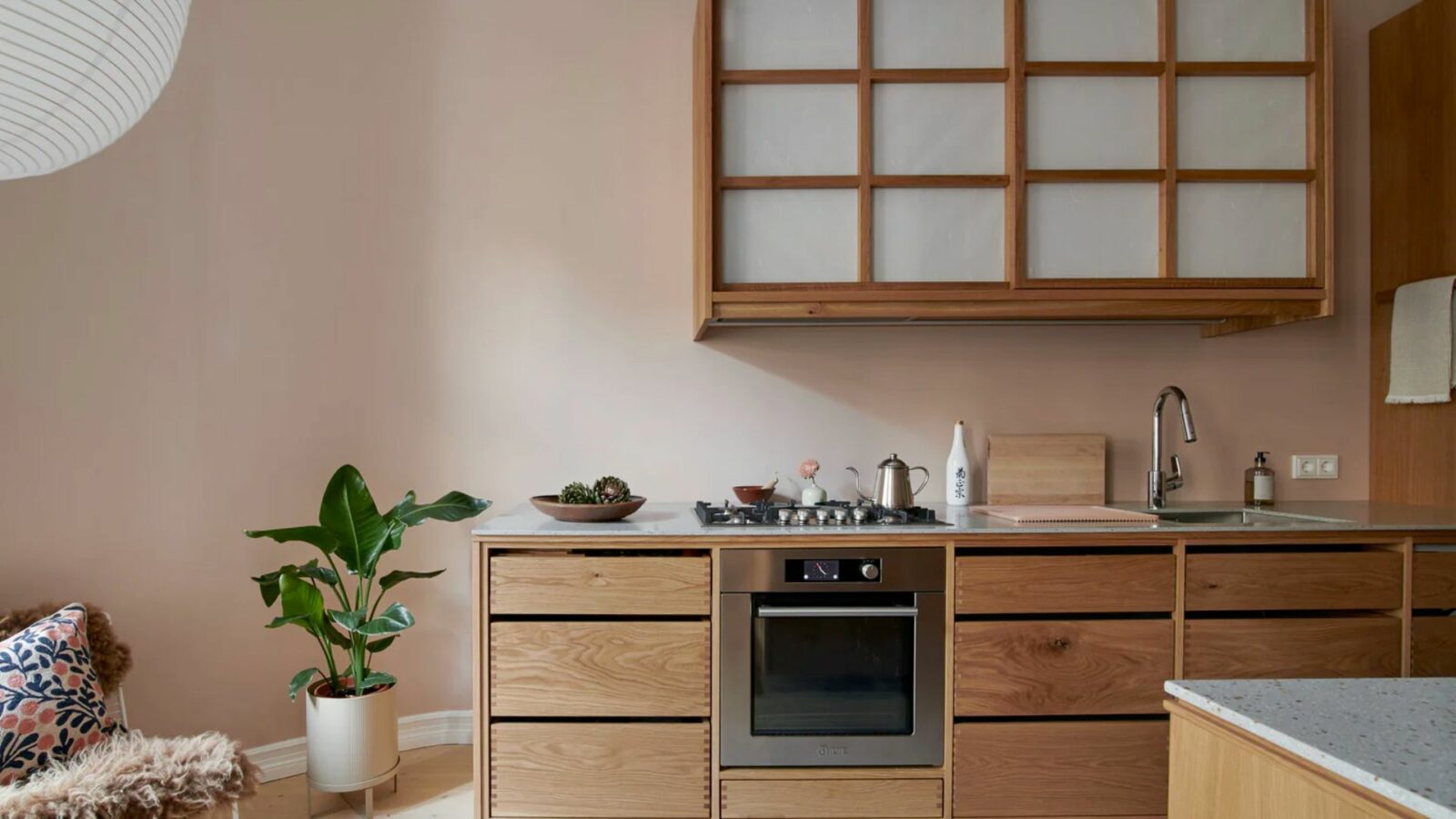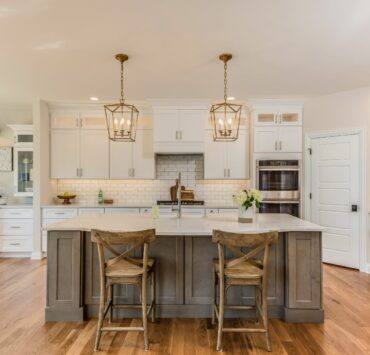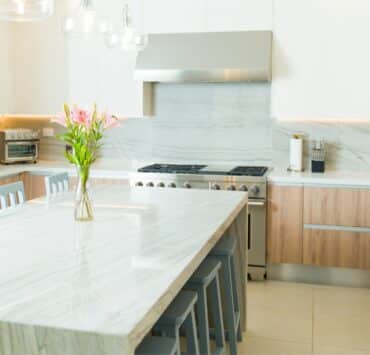The typical countertop height for most kitchens is about 36 inches from the floor. This height works well for a variety of kitchen tasks, providing a comfortable workspace for meal preparation, cooking, and cleaning. However, there are variations:
- Standard Kitchens: 36 inches
- Bar Counters: 42 inches
- Bathroom Counters: 32-34 inches

Ergonomic Considerations
Proper countertop height can prevent strain and enhance the kitchen experience. Here are some tips for determining the right height:
- Cooking Surfaces: For those who cook frequently, a slightly lower countertop (34 inches) can make tasks easier.
- Baking Stations: If you love baking, consider a lower height (30-32 inches) for kneading dough and other tasks.
- Customization: Adjust the height based on the primary users’ heights to ensure maximum comfort and efficiency.
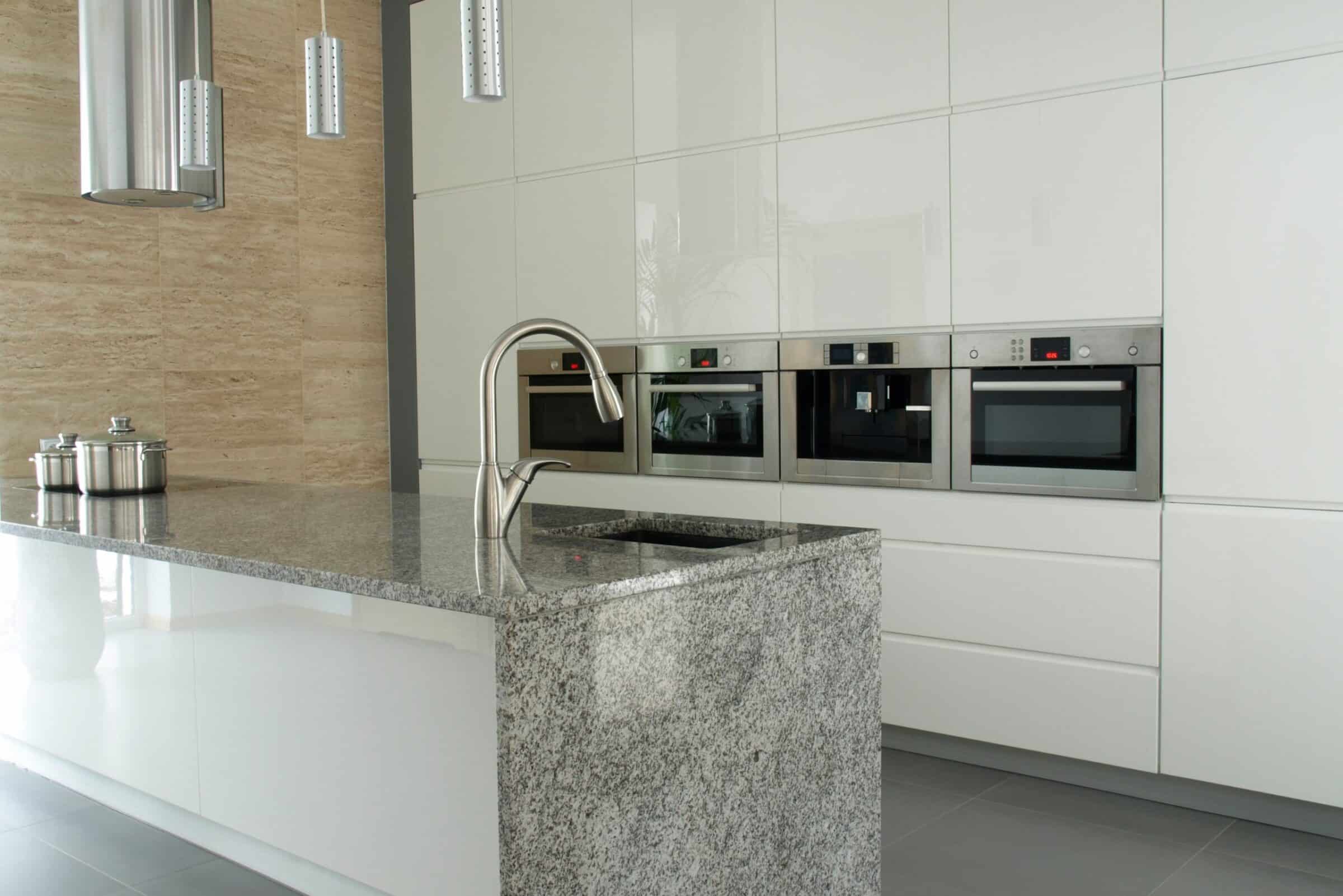
Factors Influencing Countertop Height
- User Height: Taller individuals may prefer slightly higher countertops, while shorter individuals may benefit from lower surfaces.
- Kitchen Use: The primary activities performed in the kitchen, such as cooking, baking, or socializing, can dictate the best height.
- Accessibility: For accessible kitchens, lower heights (28-34 inches) are recommended to accommodate wheelchair users.
Customizing Your Countertops
Customizing countertop height can transform your kitchen into a more user-friendly space. Here are some customization options:
- Adjustable Countertops: These offer flexibility and can be adjusted to suit different tasks and users.
- Multi-Level Countertops: Incorporate varying heights in your kitchen design to accommodate different activities.
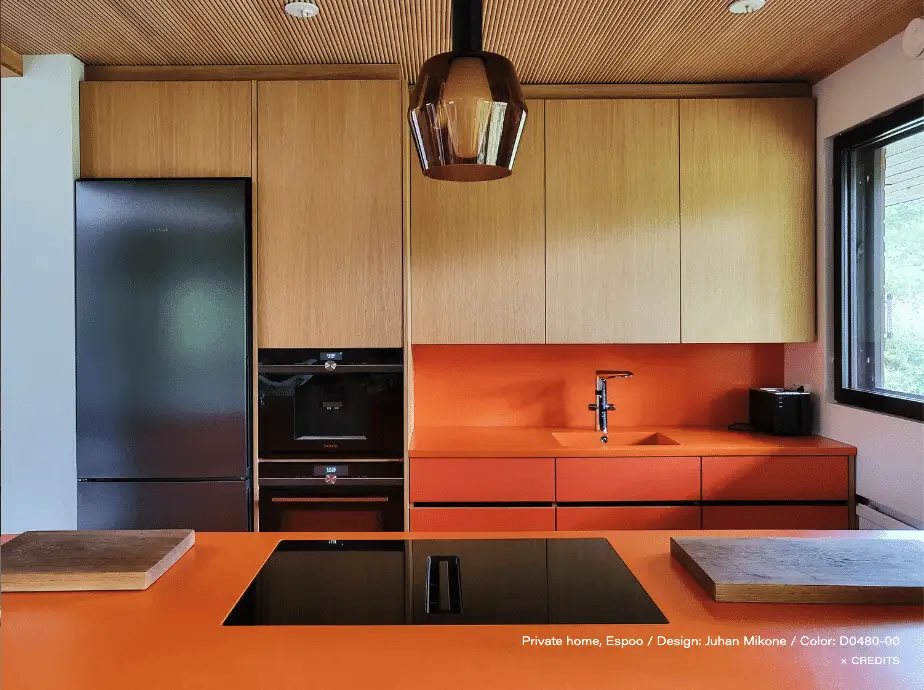
Common Questions
1. What is the standard countertop height in most kitchens?
The standard height in most kitchens is 36 inches from the floor. This height is generally comfortable for a wide range of kitchen tasks, including meal preparation, cooking, and cleaning.
2. How do I determine the best countertop height for my kitchen?
To determine the best height for your kitchen, consider the primary users’ heights and the main activities performed. For instance, if you do a lot of baking, you might prefer a lower countertop around 30-32 inches for kneading dough. For general use, the standard 36 inches works well for most people.
3. Are there different heights for different types of countertops?
Yes, different types of countertops can have varying heights based on their specific uses:
- Standard Kitchen Countertops: 36 inches
- Bar Countertops: 42 inches
- Bathroom Countertops: 32-34 inches
- Accessible Countertops: 28-34 inches to accommodate wheelchair users
4. Can countertop height be customized in my kitchen?
Absolutely! Customizing countertop height can make your kitchen more ergonomic and user-friendly. Options include adjustable countertops that can be raised or lowered as needed, and multi-level countertops that incorporate different heights for different tasks.
5. How does countertop height affect kitchen ergonomics?
Proper countertop height is crucial for kitchen ergonomics. It helps prevent strain on your back, shoulders, and arms by providing a comfortable working surface. A well-chosen height allows for better posture and reduces fatigue, making kitchen tasks more enjoyable and efficient.

Understanding the importance of countertop height in kitchen design can lead to a more comfortable and efficient workspace. By considering factors such as user height, kitchen activities, and accessibility needs, you can customize your countertops to create the perfect kitchen environment.
